With legalization days away in Canada, defense lawyers are warning that once weed is legal, police could increase their use of civil forfeiture — a process to seize people’s property without charging them with crimes — to crack down on people who violate cannabis laws.
Currently, police in eight provinces can use civil forfeiture laws to take houses, vehicles, cash or any other property that authorities suspect may be associated in some way with illegal activity. For law enforcement, the burden of proof needed to seize property is much lower than that needed to charge someone with a crime, which can make civil forfeiture an appealing alternative to laying criminal charges.
Kyla Lee, a criminal defense lawyer in Vancouver, says that she expects to see an increase in the province’s use of civil forfeiture once cannabis becomes legal.
“Most people are expecting a decrease, but it will be an increase,” Lee said in a phone call with VICE News.
“We will see people in possession of cannabis outside of the legal [limit], and the province will use civil forfeiture to enforce the law,” she said.
Lee explained that there’s an incentive for government to use civil forfeiture to target illegal cannabis operations because the black market reduces tax revenues for the province, and seizing property is an easy way to disrupt illegal weed producers and sellers.
British Columbia operates one of the most aggressive forfeiture programs in Canada. Between 2014 and 2017, the province pulled in more than $30 million from civil forfeiture; much of their efforts are focused on seizing assets associated with suspected pot growers.
“I get lots of clients who have their vehicles seized and are never charged with anything.”
“There’s a pattern by the B.C. government to use [forfeiture]” rather than laying criminal charges, Lee said, adding that in her view the tactic is essentially a “cash grab.”
“I get lots of clients who have their vehicles seized and are never charged with anything. They’re stopped for a traffic violation, the officer finds something unlawful, and the vehicle is seized,” Lee said.
While police usually don’t directly benefit from the proceeds of the property they seize, there is an indirect financial incentive for cops to pursue both civil and criminal forfeiture, because provinces use money generated by seizures to fund special grants for police that pay for high-tech spying gear, secret surveillance programs and other questionable policing initiatives.
Derek From, a Calgary-based lawyer who monitors civil forfeiture for the Canadian Constitution Foundation, says that while he can’t say definitively that civil forfeitures will increase after legalization, he believes its use could be ramped up to deal with illegal cannabis.
Civil forfeiture in the context of legal weed “could be a big problem”, From told VICE News in a phone call. He noted that the dozens of illegal cannabis dispensaries that have popped up across Canada in recent years, many of which have been tolerated by city governments, could find themselves in the crosshairs of law enforcement once pot is legal.
“If I heard from an unauthorized [cannabis] store owner who doesn’t want to join the [legal] regime, I would be concerned about civil forfeiture,” said From.
Shawna Fattal, a criminal lawyer in Toronto, says that for now she’s taking a wait-and-see approach to how Ontario might use civil forfeiture to enforce cannabis laws.
Fattal told VICE News that one plausible scenario is that authorities could launch forfeiture proceedings against illegal growers and sellers of weed in parallel with laying criminal charges, using civil forfeiture as a way to hedge their bets in case criminal charges are dismissed.
VICE News reached out to Ontario’s Ministry of the Attorney General to request historical data about civil forfeitures related to cannabis offences in the province — for example, how often police seize the assets of suspected pot growers or dealers — but was told that the ministry cannot provide the information.
“Information relating to the nature of the unlawful activity […] often changes over the life of [a] civil forfeiture application,” ministry spokesperson Brian Gray said in an email. He noted that forfeited assets may be associated with several different suspected crimes, making it impossible to give accurate statistics for seizures related to one substance.
The Toronto Police Service didn’t respond to questions about how many civil forfeiture applications they submit to the Attorney General in relation to cannabis offenses.
Both Fattal and From said that civil forfeiture has long been the subject of criticism from the legal community and people who have been unfairly targeted by the laws. They pointed to recent court rulings in B.C. and Ontario that have hit back at aggressive forfeitures as positive developments that might prompt authorities to think twice before seizing assets.
“If I heard from an unauthorized [cannabis] store owner who doesn’t want to join the [legal] regime, I would be concerned about civil forfeiture.”
In the long term, however, From said that only ongoing public pressure can change how forfeiture regimes operate across the country.
“If people got sufficiently upset [about forfeiture], a bill in the legislature would be soon to follow,” he said.
For Fattal, a court ruling in Ontario that ordered the government to compensate the owners of apartment buildings seized using civil forfeiture gives her hope that, moving forward, people may feel more empowered to fight back against the system.
“My hope is that the ruling brings more attention to the abuse of civil forfeiture, so people can protect themselves,” she said.






